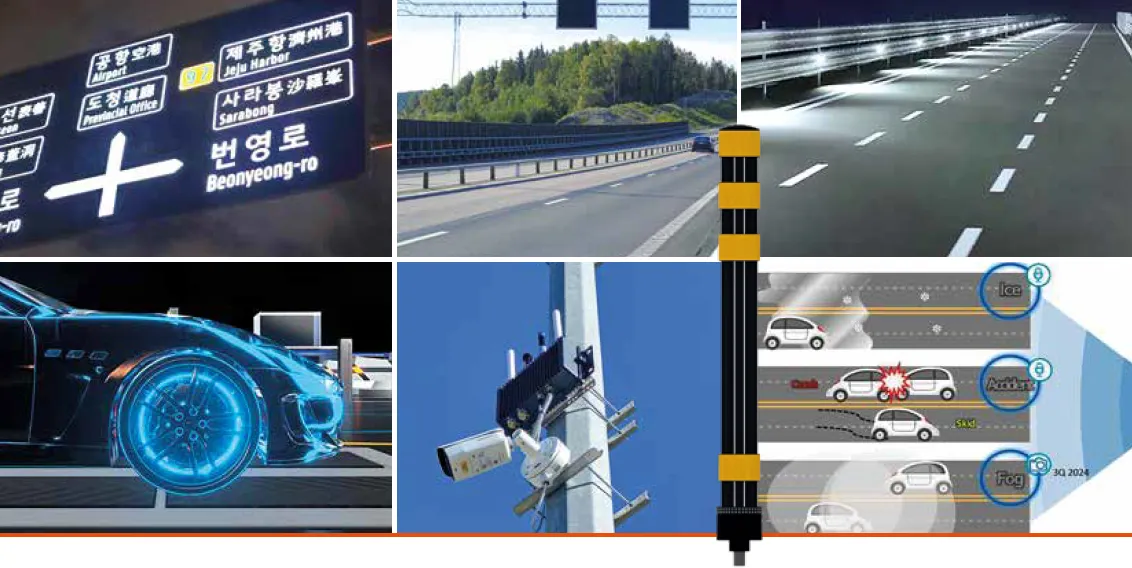TomTom has partnered with with South Korea’s SsangYong Motor Company in a deal which will see TomTom’s maps and navigation software included in the all-new Tivoli model throughout Europe beginning in May 2015.
Drivers across Europe will now benefit from TomTom’s superior turn-by-turn navigation, featuring advanced lane guidance to navigate even the most complex junctions. Drivers will also have the advantage of TomTom Routes, which provide the fastest route based on actual speed data, for every road, for e
March 2, 2015
Read time: 2 mins
RSS1692 TomTom has partnered with with South Korea’s SsangYong Motor Company in a deal which will see TomTom’s maps and navigation software included in the all-new Tivoli model throughout Europe beginning in May 2015.
Drivers across Europe will now benefit from TomTom’s superior turn-by-turn navigation, featuring advanced lane guidance to navigate even the most complex junctions. Drivers will also have the advantage of TomTom Routes, which provide the fastest route based on actual speed data, for every road, for every time of the day, for every day of the week.
TomTom is one of the first companies to use crowd sourcing to keep maps up to date. By combining professional map-making methods with community feedback from hundreds of millions of users, TomTom detects real-world changes quickly and ensures its maps remain highly accurate.
“We are happy to announce a new partnership with SsangYong and Digen to bring our maps and navigation software to more drivers around the world,” said Jan-Maarten de Vries, VP Automotive at TomTom. “This deal further strengthens TomTom’s position as a leading provider of automotive-grade maps and navigation software.”
Drivers across Europe will now benefit from TomTom’s superior turn-by-turn navigation, featuring advanced lane guidance to navigate even the most complex junctions. Drivers will also have the advantage of TomTom Routes, which provide the fastest route based on actual speed data, for every road, for every time of the day, for every day of the week.
TomTom is one of the first companies to use crowd sourcing to keep maps up to date. By combining professional map-making methods with community feedback from hundreds of millions of users, TomTom detects real-world changes quickly and ensures its maps remain highly accurate.
“We are happy to announce a new partnership with SsangYong and Digen to bring our maps and navigation software to more drivers around the world,” said Jan-Maarten de Vries, VP Automotive at TomTom. “This deal further strengthens TomTom’s position as a leading provider of automotive-grade maps and navigation software.”









